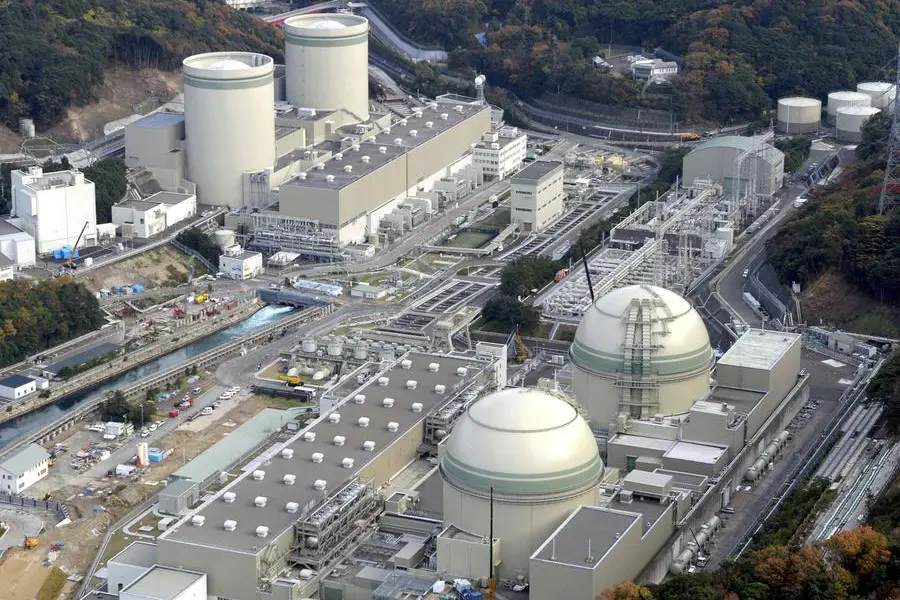PHOTO
TOKYO - Japan confirmed a major nuclear power policy shift on Friday to tackle an energy crisis more than a decade after the 2011 Fukushima disaster prompted it to idle most of its reactors.
Public opinion has been hostile towards nuclear energy since a massive earthquake and tsunami triggered a meltdown at the Fukushima Daiichi power plant, but the mood has shifted due to soaring energy costs amid the prolonged war in Ukraine and repeated power crunches in both summer and winter.
Quake-prone Japan, which previously said it had no plans to build new reactors, will now seek to replace decomissioned ones and extend the lifespan of others, the industry ministry said.
The stark policy turnaround comes after Prime Minister Fumio Kishida said in August that Japan would look at developing next-generation reactors, instructing the industry ministry to set up a policy plan to widen use of nuclear energy by the end of this year.
Governments across Europe and Asia are also extending the life of their aging nuclear fleets, restarting reactors and dusting off plans to resume projects shelved after the Fukushima disaster.
Under a strategic energy plan approved by the Cabinet last year, Japan aimed to reduce its dependence on nuclear power as much as possible.
But the new policy, which was approved by an expert panel under the industry ministry on Friday, would allow existing nuclear reactors to operate beyond the current limit of 60 years as well as support the development of new ones.
Further details will be discussed in parliament next year, an official at the industry ministry said.
In the financial year to March 2021, nuclear accounted for 3.9% of Japan's power mix, with the government aiming to boost it to as much as 22% by 2030.
(Reporting by Yuka Obayashi and Miho Uranaka; Editing by Kirsten Donovan)





















